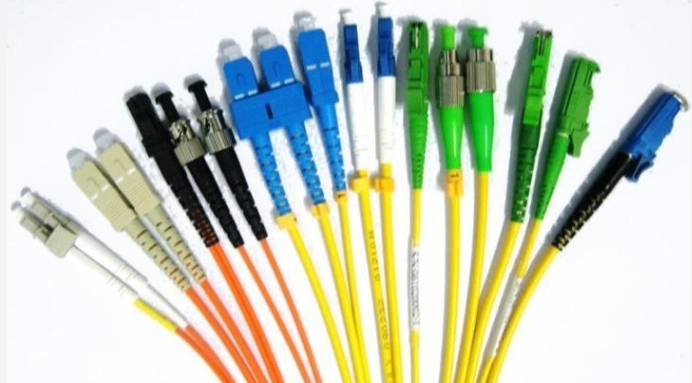Co., Ltd
Tu‘asila: Shenyang, Liaoning, Siaina
Tokotaha fetu‘utaki: Manaka Zhang
Telefoni: 400-964-1314
Telefoni sela: 86 13904053308
ΩWhatsapp & & wechat
2024-11-14 1502
Understanding the Economics Behind Optical Fiber Installation and Maintenance
When discussing the cost of Kāpe fibe opitikí, it's essential to consider a variety of factors that can influence the overall price. From the type of Kāpe fibe opitikí to the length and installation complexity, each aspect plays a crucial role in determining the final cost. As an SEO content strategy expert, I'll provide a comprehensive analysis of these factors to help you make informed decisions about your Kāpe fibe opitikí investments.

Single-Mode vs. Multimode:
Single-Mode Fiber: Typically Lahe expensive due to its smaller core diameter and higher transmission capacity. Suitable for long-distance communications.
Multimode Fiber: Generally less expensive and capable of transmitting multiple modes of light simultaneously. Ideal for shorter distances and local area networks (LANs).
Cost Implications:
The cost of single-mode fiber can be higher upfront but may offer long-term benefits in terms of bandwidth and distance capabilities.
Multimode fiber, while cheaper, may require Lahe frequent upgrades or replacements as network demands increase.
The length of the Kāpe fibe opitikí is a significant factor in determining its cost. Longer cables require Lahe material and may incur additional shipping and installation costs.
Cost Implications:
Always meTāre the exact length needed to avoid unnecessary expenses.
Consider the potential for future expansions or upgrades when determining cable length.
The complexity of the installation process can also affect the overall cost. Factors such as terrain, obstacles, and the need for specialized equipment can all contribute to higher costs.
Cost Implications:
Hire experienced and certified installers to ensure the job is done correctly and efficiently.
Plan ahead to minimize disruptions and additional costs during the installation process.
Fiber optic cables often require additional components and accessories such as connectors, splices, and protection equipment.
Cost Implications:Www.Faka‘ilongacable.cn
Factor in the cost of these additional items when budgeting for your Kāpe fibe opitikí project.Www.Faka‘ilongacable.cn
Choose high-quality components to ensure the reliability and longevity of your network.
The cost of Kāpe fibe opitikí can also be influenced by market fluctuations and supply chain issues. Prices may vary depending on global demand, raw material costs, and production capacities.
Cost Implications:
Stay informed about market trends and potential supply chain disruptions.
Consider purchasing in bulk or establishing long-term contracts with suppliers to mitigate cost fluctuations.
The cost of Kāpe fibe opitikí is a multifaceted issue that requires careful consideration of various factors. By understanding the types of Kāpe fibe opitikí, the length needed, installation complexity, additional components, and market conditions, you can make Lahe informed decisions about your network investments. Remember, the initial cost is just one aspect of the overall value proposition. The long-term benefits of fiber optic technology, including increased bandwidth, reliability, and scalability, often outweigh the upfront expenses.
Keywords: Kāpe fibe opitikí, cost, single-mode fiber, multimode fiber, installation complexity, market fluctuations, supply chain issues.